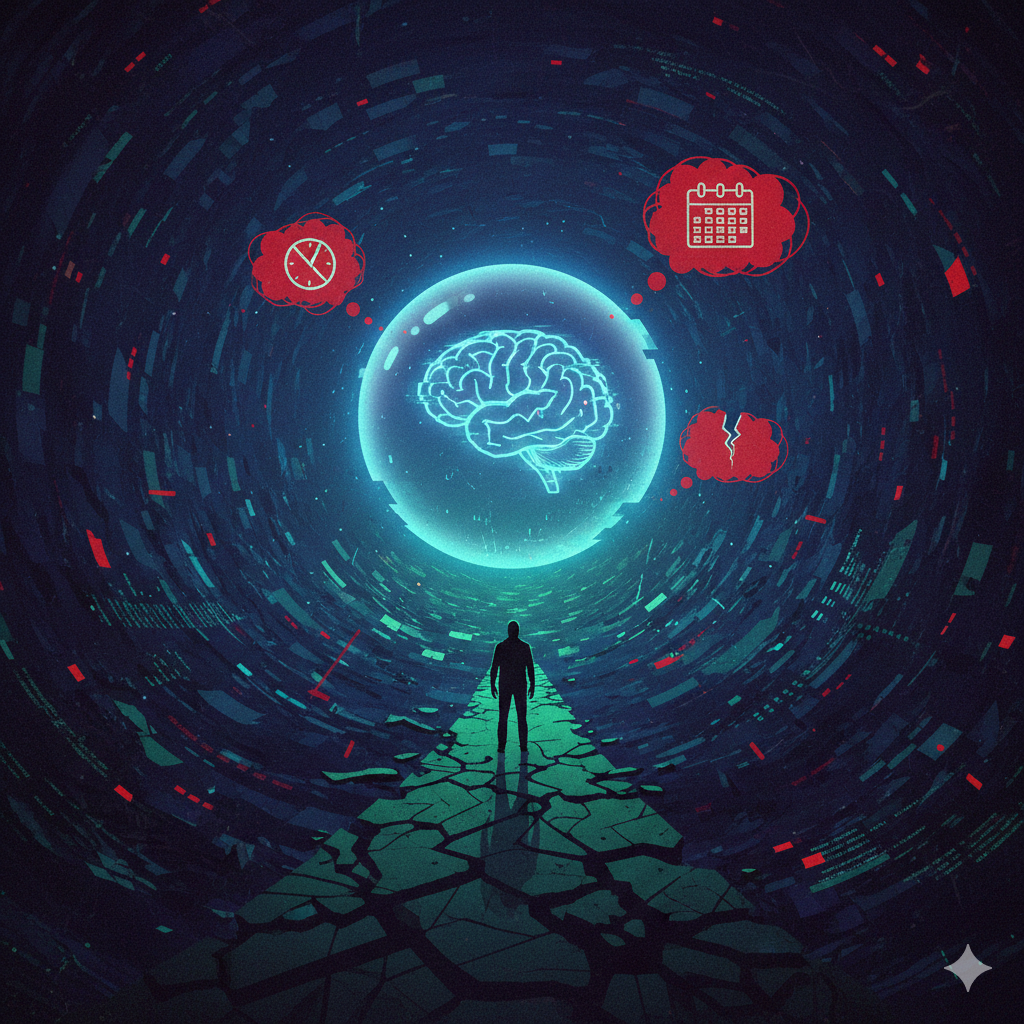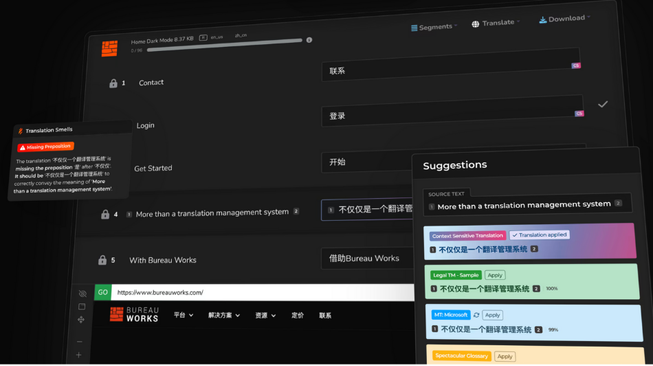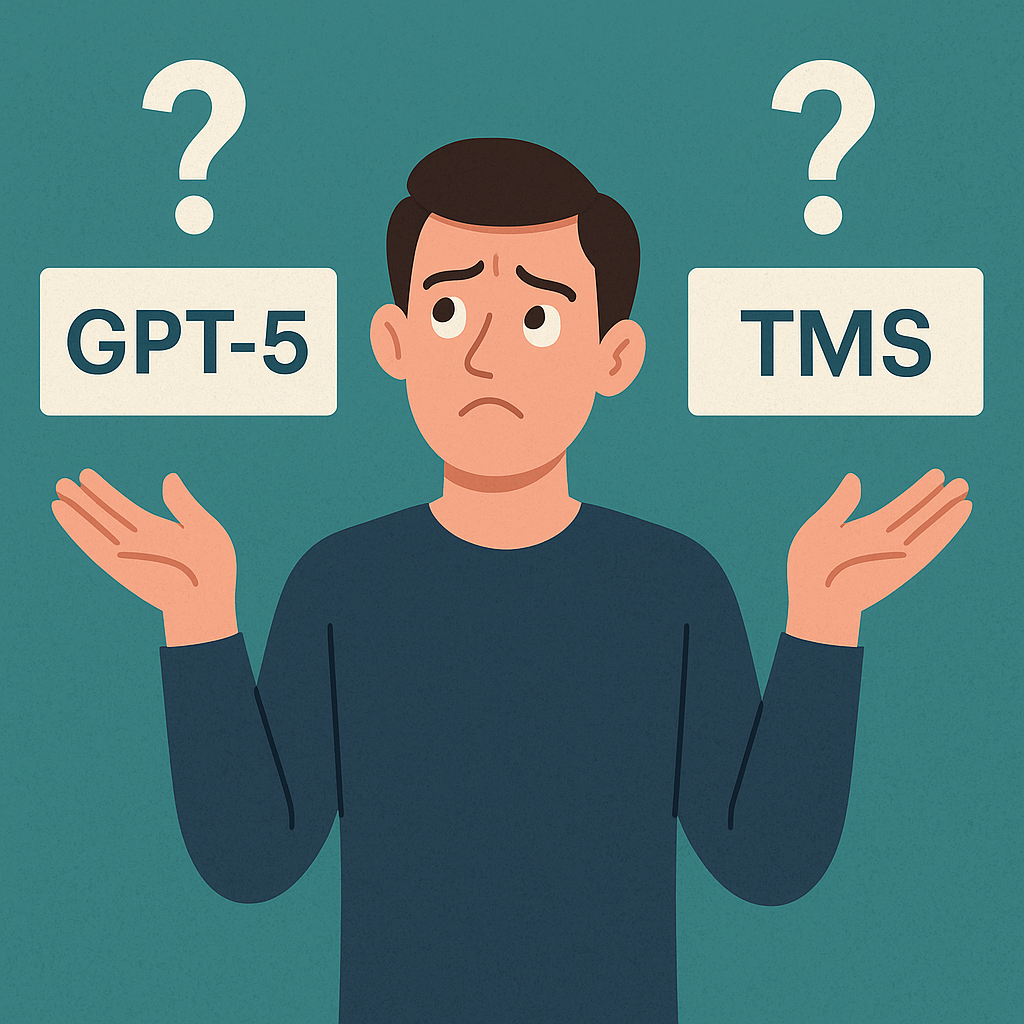Some people say AI will replace translators. Others say nothing will change. The truth is somewhere in the middle.
Is AI going to replace translators?
The short answer? It’s complicated.
Gabriel Fairman from Bureau Works says that AI is changing how we do translations, but it doesn’t mean all translators will lose their jobs.
“It’s not that AI will wipe out translation. It’s that it will change the way people approach translations.”
Let’s unpack what that means.
The Greenfield Effect: New Translation, Not Replacement
Fairman explains a concept he calls the “greenfield” scenario.
Sometimes, AI helps us translate things that people never would have translated before.
- Slack messages
- Google Docs comments
- Canva designs
- Social media posts
“Would that message ever be translated by a human anyway? Probably not.”
This is called a greenfield situation. AI is helping with new kinds of translation, not replacing human work.
But Some Human Jobs Might Disappear
As content becomes more complex: contracts, presentations, product documentation, the likelihood of AI displacing human translators increases.
As content gets more complex, like contracts or big presentations, AI starts doing work that humans used to do.
- Layouts that needed design
- Content that was easy, but important
- Translations that used to go to a person
“We begin to prey on work that was previously done by human translators.”
This means translators need to pay attention. Their work is changing.
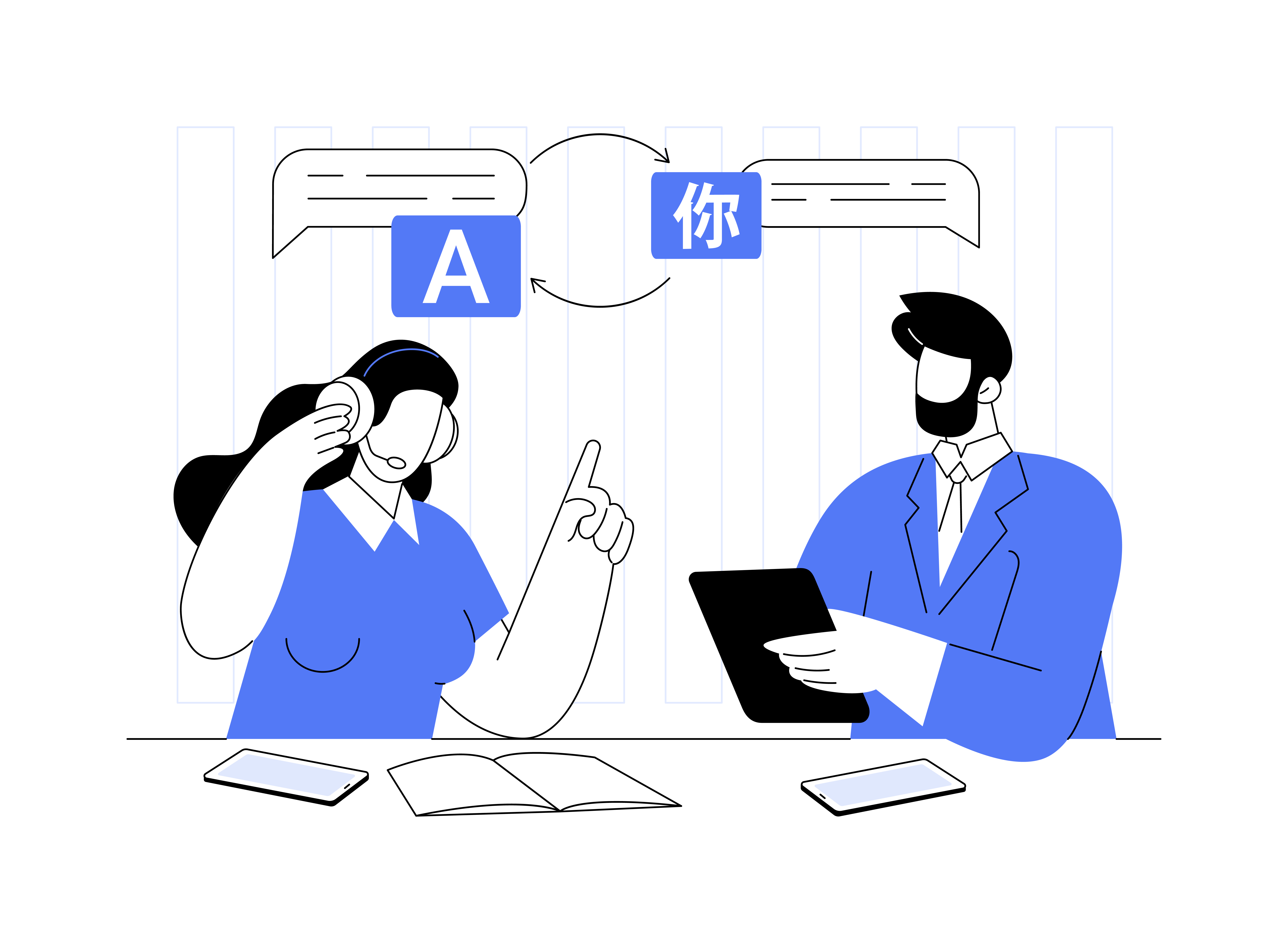
Some Jobs Are Still Safe
There are still many kinds of work where people are needed:
- Medical or legal translations
- Big marketing projects
- Important websites or apps
“You’re probably not going to just have AI translate a pharmaceutical filing… for liability reasons.”
These are the jobs that still need human care, accuracy, and judgment.
Watch Out if Your Work Is Too Simple
Gabriel warns that if your job is too easy or repeatable, AI might take over.
“If the work is highly commoditized… it’s likely to be replaced by a large language model. And if not now, in the future.”
That means things like:
- Short emails
- Everyday memos
- Repetitive content
These jobs might disappear first.
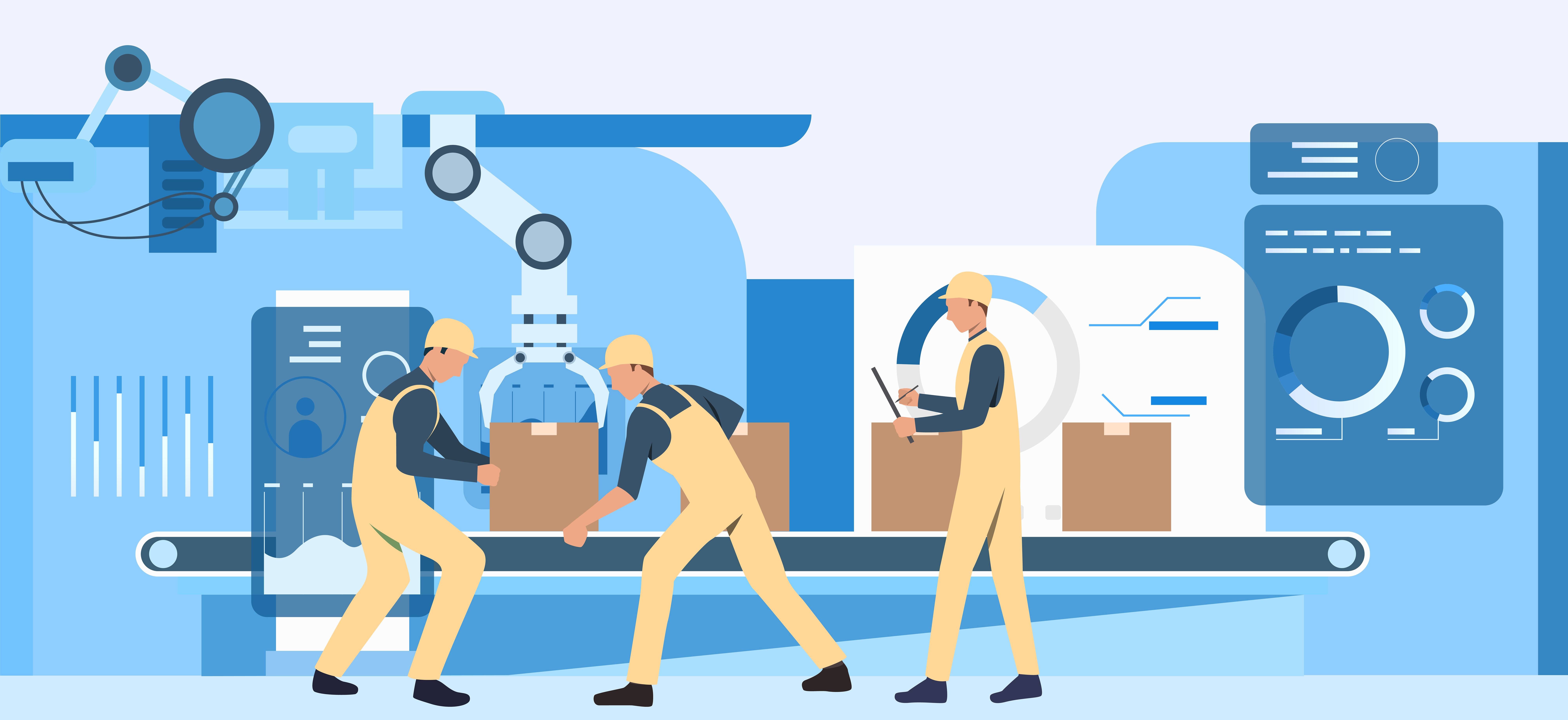
How Translators Can Stay Useful
There’s still a lot of hope. Translators who adapt can still do well.
Here’s how:
- Specializing in high-impact, high-visibility content
- Becoming curators and editors of AI output
- Understand different cultures
- Protect a brand’s voice and tone
“It’s not that the whole industry is in decline. It’s that the kinds of content that were previously routed over to you are no longer being routed through a human.”
Adaptation, not extinction, is the name of the game.
Why Tools Like Slack or Canva Aren’t Enough
When tools translate automatically, companies lose control of:
- Word choices
- Tone and style
- Consistency
“Translations are rarely one-offs… they’re part of a bigger program.”
This means businesses still need people to manage and guide translations.
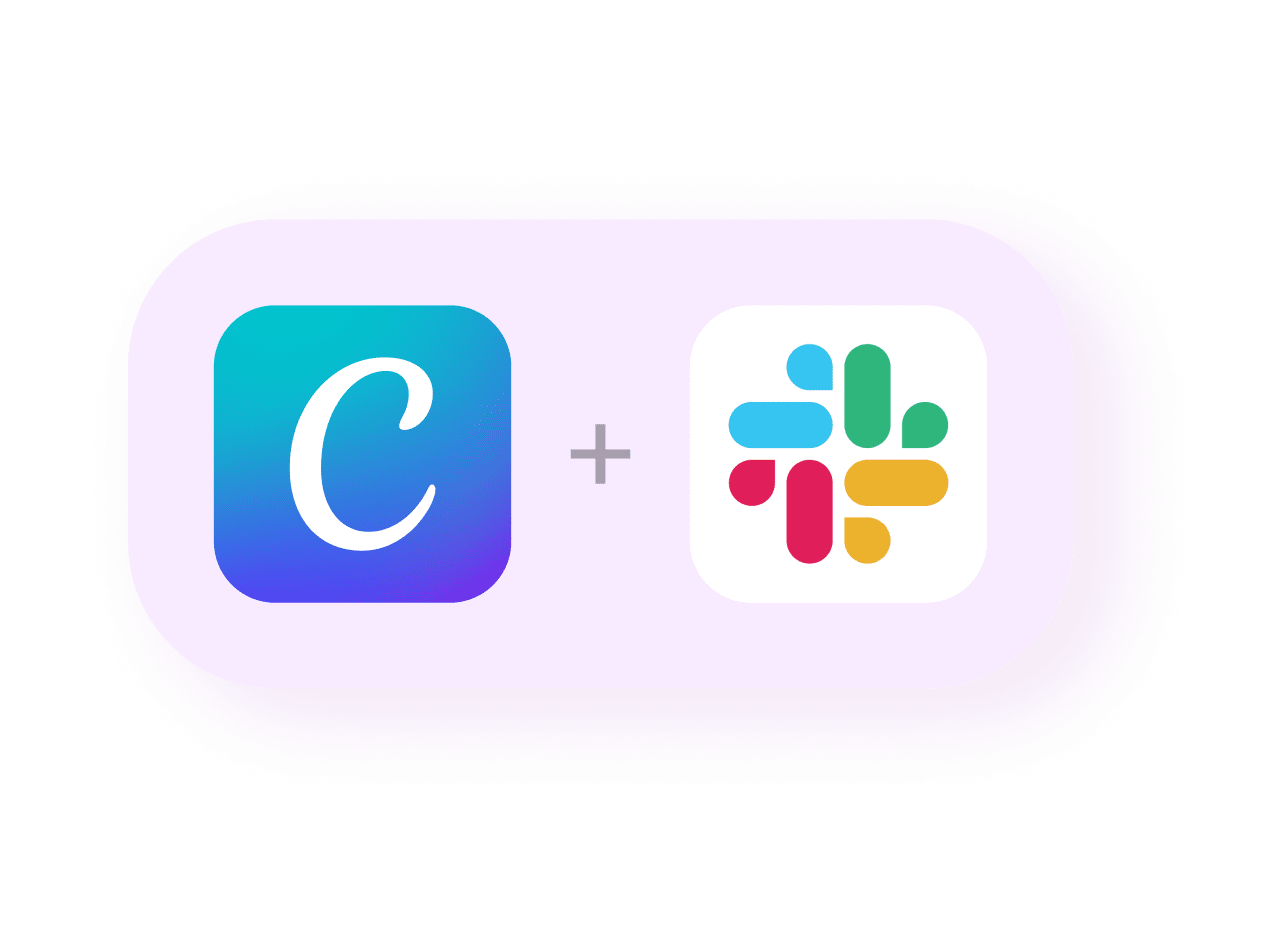
Final Takeaway: Not All Content is Created Equal
Fairman closes with a powerful insight that all translators and companies should keep in mind:
“You have very different kinds of content, with very different kinds of treatment in its original language and then, very different kinds of treatment during the translation process.”
So the future isn’t binary. Translators aren’t safe or doomed. The real question is: what kind of content are you working with?
Ready to Take Control of Your Translations?
If you're serious about owning your multilingual content, maintaining consistency across platforms, and future-proofing your translation strategy in the age of AI, it's time to level up.
Bureau Works is built for exactly this moment.
Whether you're managing high-impact marketing campaigns, regulatory content, or global product launches, our platform helps you:
- Govern your translation workflows
- Maintain linguistic consistency
- Combine the best of AI and human expertise
- Scale content without losing control
Don't be a passive bystander in the AI era. Be a strategist.
Sign up for Bureau Works today and build a smarter, more resilient translation program.
Unlock the power of glocalization with our Translation Management System.
Unlock the power of
with our Translation Management System.













